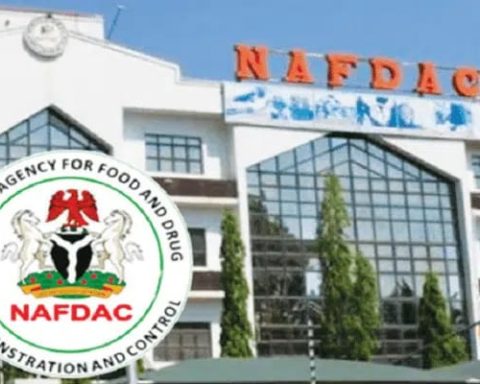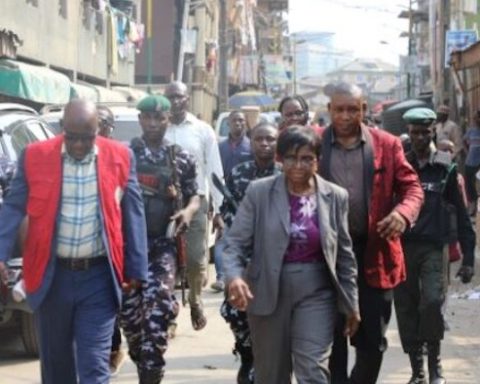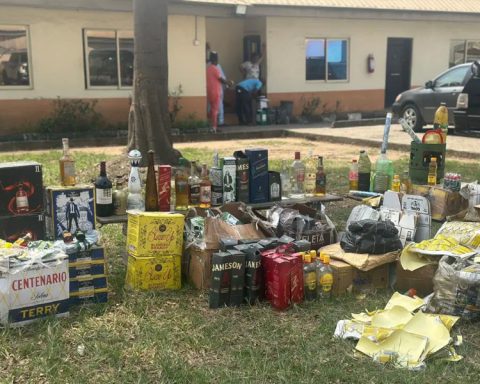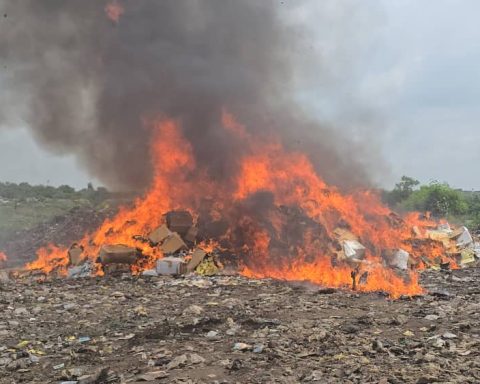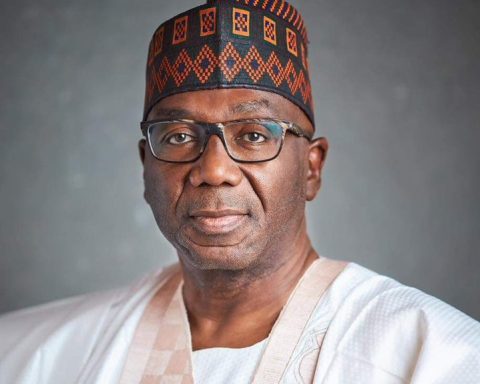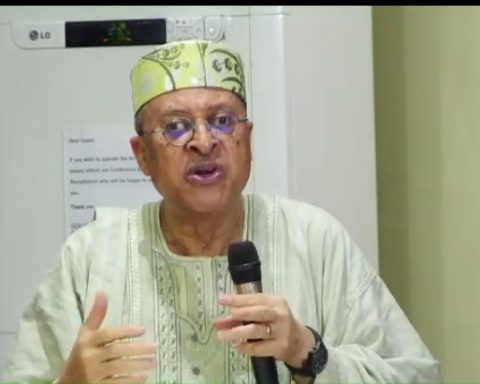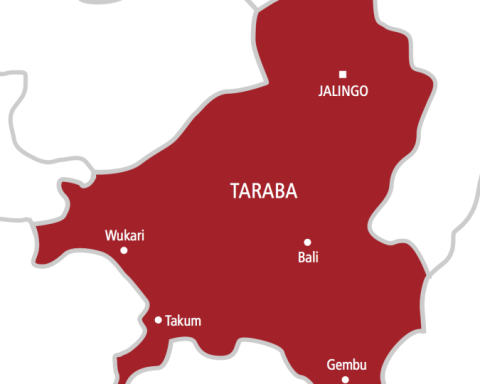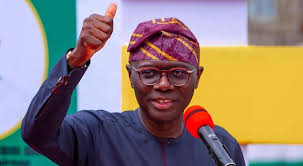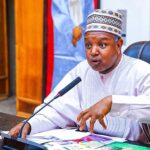Recently, news broke about NAFDAC’s bursting of illicit drugs rings. The targets included unlicensed retailers selling antibiotics, controlled substances and herbal mixtures in unhygienic conditions. The agency said it worked with the Nigeria Police and the Pharmaceutical Council of Nigeria to dismantle distribution channels that pose serious public health risks.
The spectacle is familiar. Year after year, NAFDAC carries out raids, parades seized drugs and seals notorious outlets. But the same markets resurface, stocked and running as if nothing happened.
Join our WhatsApp ChannelThis is a problem the agency openly acknowledges. Why hasn’t it been fixed? Why do enforcement actions feel more like temporary performances than lasting reforms?
Who is to blame? Is it that the barber is not an expert or is she ill equipped?
Over the past five years, NAFDAC has repeatedly seized counterfeit drugs. In 2021, it intercepted 20 truckloads of fake medicines in Lagos worth about ₦3 billion.
Similar operations followed in Kano, Rivers, Abuja, Aba and Onitsha. Yet the products keep entering the country.
It is not possible to offload dozens of containers of unregistered drugs without complicity at the ports. NAFDAC is present at seaports. So is the Nigeria Customs Service. Clearance protocols exist on paper.
This points to either systemic failure or outright collusion.
The seizures matter, but fake drugs don’t appear by magic. They are imported and cleared under official watch, yet only market sellers face punishment while border officials and importers go untouched.
One case illustrates the gap. Afamefuna Udensi, Managing Director of Phinifarm Pharmaceutical Co., was arraigned before a Lagos Federal High Court in November 2021 for allegedly importing fake Tramadol with falsified NAFDAC markings. Yet no conviction, sentencing or appeal has been published. While low-level sellers are fined, there is no follow-through on procurement chains, corporate heads or clearance officers.
Who profits from such impunity and who shields the real bosses?
That is why fake and substandard drugs remain widespread, often cheaper and easier to access than genuine alternatives. Consequently , despite the announcements, Nigeria is not winning the war against fake drugs, because the agency appear to penalise the symptom rather than address its root.
Therefore, If the situation is a pandemic, NAFDAC is managing symptoms, not dismantling the source.
Extortion or Enforcement?
Let’s agree that the government is doing well by sealing shops and clearing markets of fake and substandard medicines. Yet serious questions remain.
During the Onitsha raid, social critic Martins Otse (VeryDarkMan, VDM) visited Ogbo Ogwu (Bridge Head) Market and publicly accused NAFDAC officials of extorting traders rather than prosecuting alleged offenders. He posted videos showing traders being forced to pay fines of ₦700,000 per shop even though many claimed they had not dealt in hard drugs or counterfeit products.
Some traders said they were innocent , yet their shops were sealed and they were asked to pay hefty fines.
VDM questioned the agency’s operation. He maintained that if the agency was certain these traders sold fake medicines, it failed to prosecute them. He argued that
Prosecution would send a stronger message, and allow the public to see evidence and learn from those used as examples.
Also, Labour Party presidential flagbearer in 2023, Peter Obi, described the blanket fines as unjust and counterproductive, urging government to embrace fairness and due process. Senator Tony Nwoye called the action regulatory overreach, saying NAFDAC sealed over 5,000 shops, including non-pharmaceutical stalls, without individual investigations.
Intersociety, a human rights group, had petitioned the federal government over that the fines and closures of the traders ‘ shops .
The group demanded a refund of ₦3 to ₦3.5 billion allegedly extorted from about 3,800 traders, saying the fines lacked legal backing.
Till date, NAFDAC has not provided evidence that all sealed shops sold fake drugs, nor has it shown proof of any refund or investigation into the claims, raising serious questions about fairness and due process.
During the announcement of the latest operation, NAFDAC’s Director of Finance and Accounts, Adeniji Nma, disclosed that the Office of the Accountant-General of the Federation had unilaterally classified the agency as revenue-generating and now sweeps up to 50 per cent of its income into the federal treasury.
This raises questions about whether the fines are driven by enforcement or by pressure to raise funds, often without thorough investigations.
What is really happening? Is revenue extraction taking precedence over justice and public health?
Should It Be Just About Drugs? How about the context of economic hardship
This concern is even more troubling when set against Nigeria’s harsh economic realities, the reason traders resort to selling cheaper, unverified drugs to survive.
How about the fact that operating within Nigeria’s informal pharmaceutical market with minimal regulation and overhead is challenging .
With over 133 million Nigerians living in multidimensional poverty and the inflation rate hovering above 30 per cent where survival often trumps legality, the state and NAFDAC seem more focused on collecting as much as ₦700,000 as fines from struggling traders than asking why these traders turn to fake drugs in the first place. Or why people buy the fake drugs more.
NAFDAC never considered that behind every fake drug on a market shelf is a human toll.
Substandard antimalarials and antibiotics contribute to drug-resistant diseases, failed treatments and deaths that could have been avoided.
In 2023 alone, WHO estimated that fake medicines caused over 116,000 deaths in sub-Saharan Africa, many of them children.
Global Context: How Are Others Fighting the War?
While Nigeria keeps raiding markets and issuing unpaid fines, other countries are applying smarter, stricter approaches.
India uses barcodes to track drugs from factory to pharmacy and imposes real jail terms, which are rare in Nigeria. Kenya’s Pharmacy and Poisons Board deploys tech surveillance, random sampling and public apps to stop illegal drugs.
South Africa secures convictions through interagency collaboration, like the 2022 jailing of a syndicate importing fake ARVs.
In contrast, Nigeria’s cycle of raids without convictions shows no clear strategy. The government overlooks the economic desperation fuelling the trade. By targeting petty traders while shielding high-level importers, the system punishes the visible, not the powerful.
Even when seizures happen, lack of follow-through means no deterrent. Fake brands return under new names. Public trust fades. The system remains reactive, if not complicit.
With over half the population poor and inflation high, survival often trumps compliance.
Without job creation, fair medicine pricing, stronger healthcare and transparent prosecutions, the fight against fake drugs remains superficial, more about revenue than reform.
NAFDAC may be trying its best despite challenges, but real victory begins long before fake drugs hit market stalls, at the ports, warehouses and depots where they first enter.
Until the agency targets financiers, importers and distribution networks behind the trade, sealing shops remains a spectacle. Raids without transparent prosecutions only deepen public distrust and keep the system exposed.
Dr Mbamalu, a Jefferson Journalism Fellow, member of the Nigerian Guild of Editors, and Media Consultant, is the publisher of Prime Business Africa
Dr. Marcel Mbamalu is a distinguished communication scholar, journalist, and entrepreneur with three decades of experience in the media industry. He holds a Ph.D. in Mass Communication from the University of Nigeria, Nsukka, and serves as the publisher of Prime Business Africa, a renowned multimedia news platform catering to Nigeria and Africa's socio-economic needs.
Dr. Mbamalu's journalism career spans over two decades, during which he honed his skills at The Guardian Newspaper, rising to the position of senior editor. Notably, between 2018 and 2023, he collaborated with the World Health Organization (WHO) in Northeast Nigeria, training senior journalists on conflict reporting and health journalism.
Dr. Mbamalu's expertise has earned him international recognition. He was the sole African representative at the 2023 Jefferson Fellowship program, participating in a study tour of the United States and Asia (Japan and Hong Kong) on inclusion, income gaps, and migration issues.
In 2020, he was part of a global media team that covered the United States presidential election.
Dr. Mbamalu has attended prestigious media trainings, including the Bloomberg Financial Journalism Training and the Reuters/AfDB Training on "Effective Coverage of Infrastructural Development in Africa."
As a columnist for The Punch Newspaper, with insightful articles published in other prominent Nigerian dailies, including ThisDay, Leadership, The Sun, and The Guardian, Dr. Mbamalu regularly provides in-depth analysis on socio-political and economic issues.



